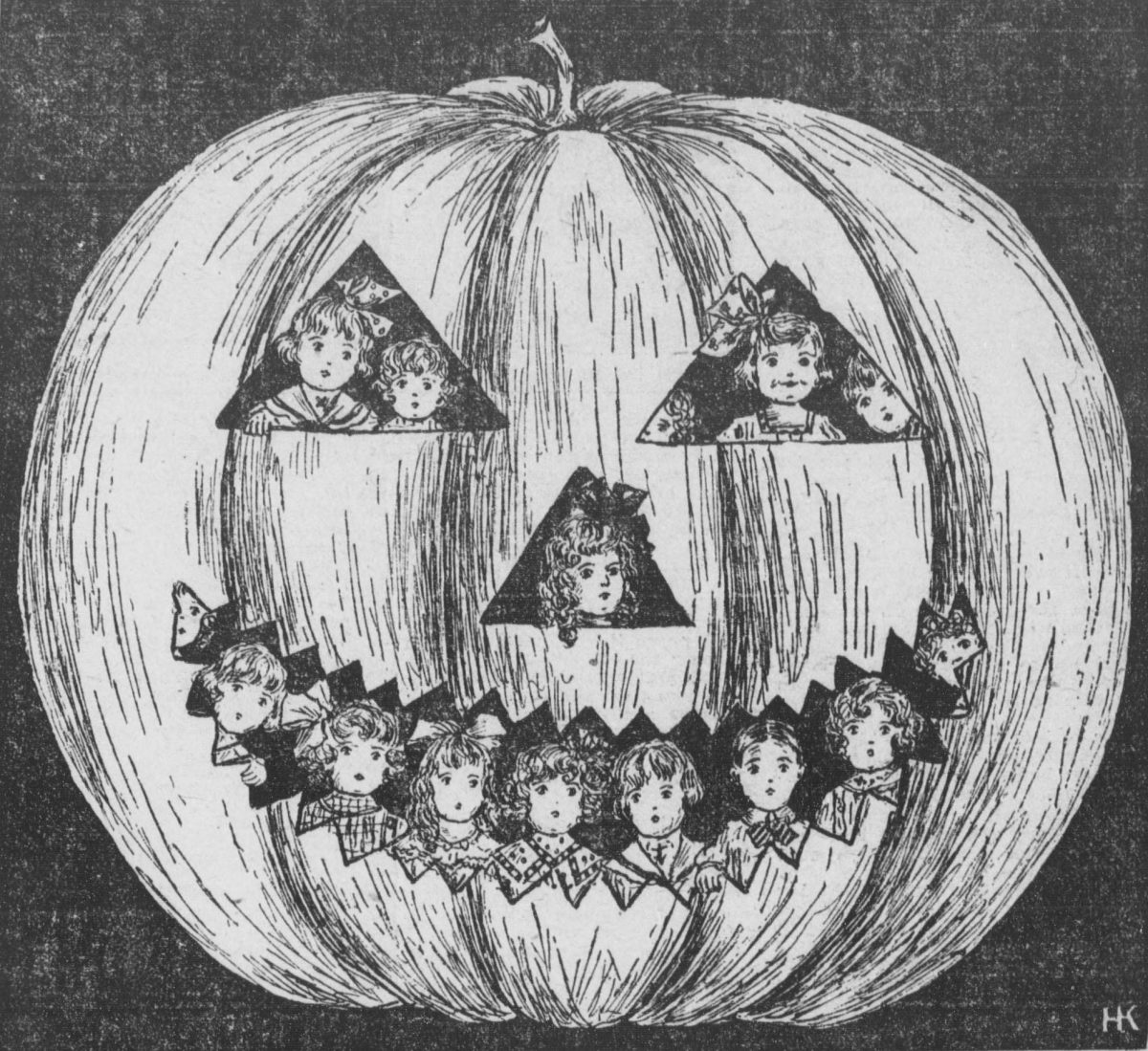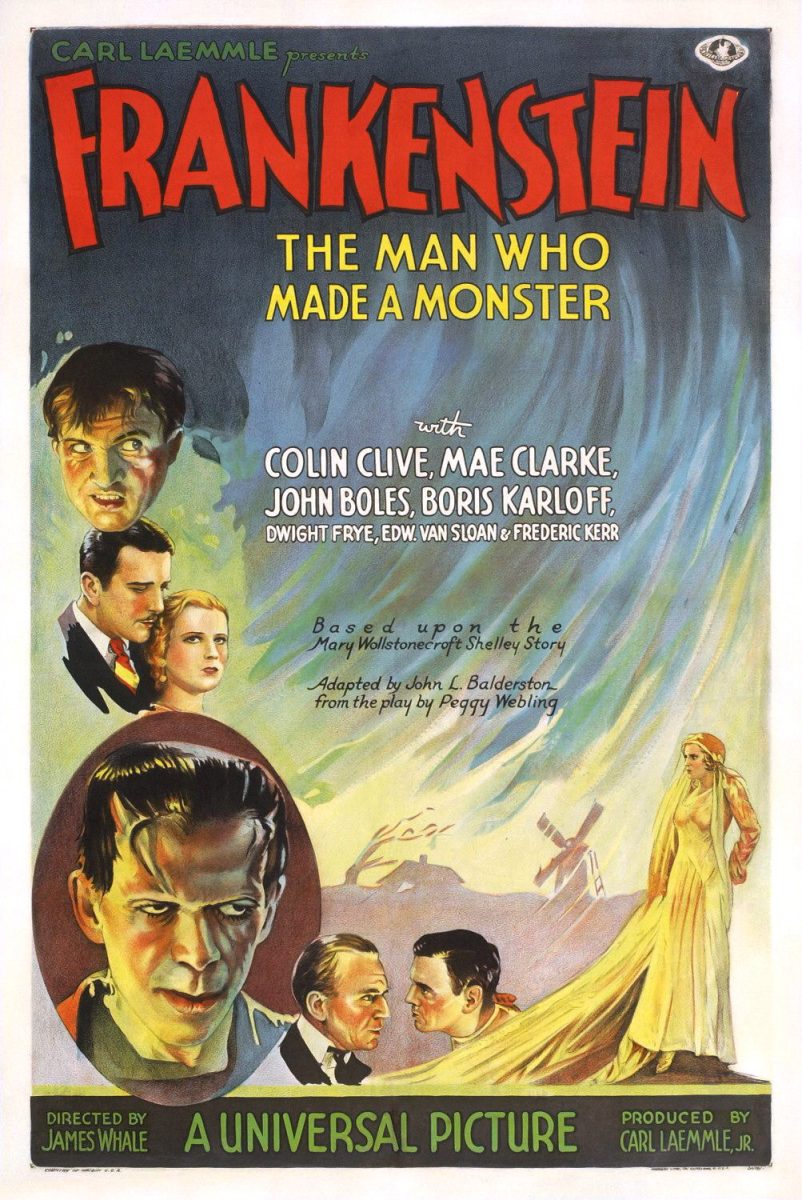While “Verity” by Colleen Hoover and “People We Meet on Vacation” by Emily Henry have continuously dominated bestseller lists, Jennette McCurdy quickly took the world by storm with her new book, “I’m Glad My Mom Died.”
Published in early August, McCurdy’s memoir quickly rose to the number one spot in non-fiction on the New York Times Bestseller list and was sold out within 24 hours of its publication.
Her memoir, which highlights her struggles with an abusive mother, eating disorders and fame, seeks to unravel some of the horrors that McCurdy endured during her time as an actress.
While the shocking title created a buzz surrounding the release of the novel, it is the important discussions that McCurdy wants to have that made this novel as impactful and resounding as it is.
“I’m Glad My Mom Died” delves deeply into her experiences with acting and questionable experiences with “The Creator” at Nickelodeon; however, the heart of the novel is centered around the relationship McCurdy had with her mother and the abuse she endured within it.
Without any major spoilers, the novel takes us through the early days of McCurdy’s acting career which was forced upon her by her mother, through her days on iCarly and Sam and Cat, and through her significant fight against bulimia and alcoholic tendencies.
The novel’s primary conflict is centered around Debra McCurdy, a woman that suffers from hoarding disorder, anger issues and body dysmorphia, with the last being projected onto young McCurdy.
Her mother forces her into an acting career, which quickly devolved into calorie counting, severe anxiety and body image issues for McCurdy, all of which culminate in severe mental duress and a fraught relationship with her mother.
As Debra McCurdy loses her battle with cancer, McCurdy must reckon with the lasting impacts of her mother’s controlling hand and she must come to terms with it before she can move on from the horrors she endured. The novel itself was entirely engrossing, and the exploration of McCurdy’s life was simultaneously horrific and difficult to digest and yet impactful and important within the conversations it sought to have.
While the novel’s appeal originally lay in its shocking title and the allure of a celebrity telling it all, readers will stay for the weight of its themes and for the grisly behind-the-scenes depictions of Nickelodeon and television production at large.
If you don’t find the discussions surrounding her mental health, acting career and familial struggles to be enough of a reason to read the novel, you’ll stay for McCurdy’s insight into Nickolodeon and the relationships she had with co-stars such as Miranda Cosgrove and Ariana Grande. McCurdy’s novel is one that demands to be read.









